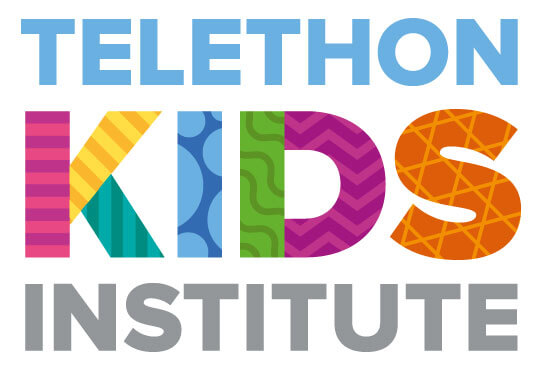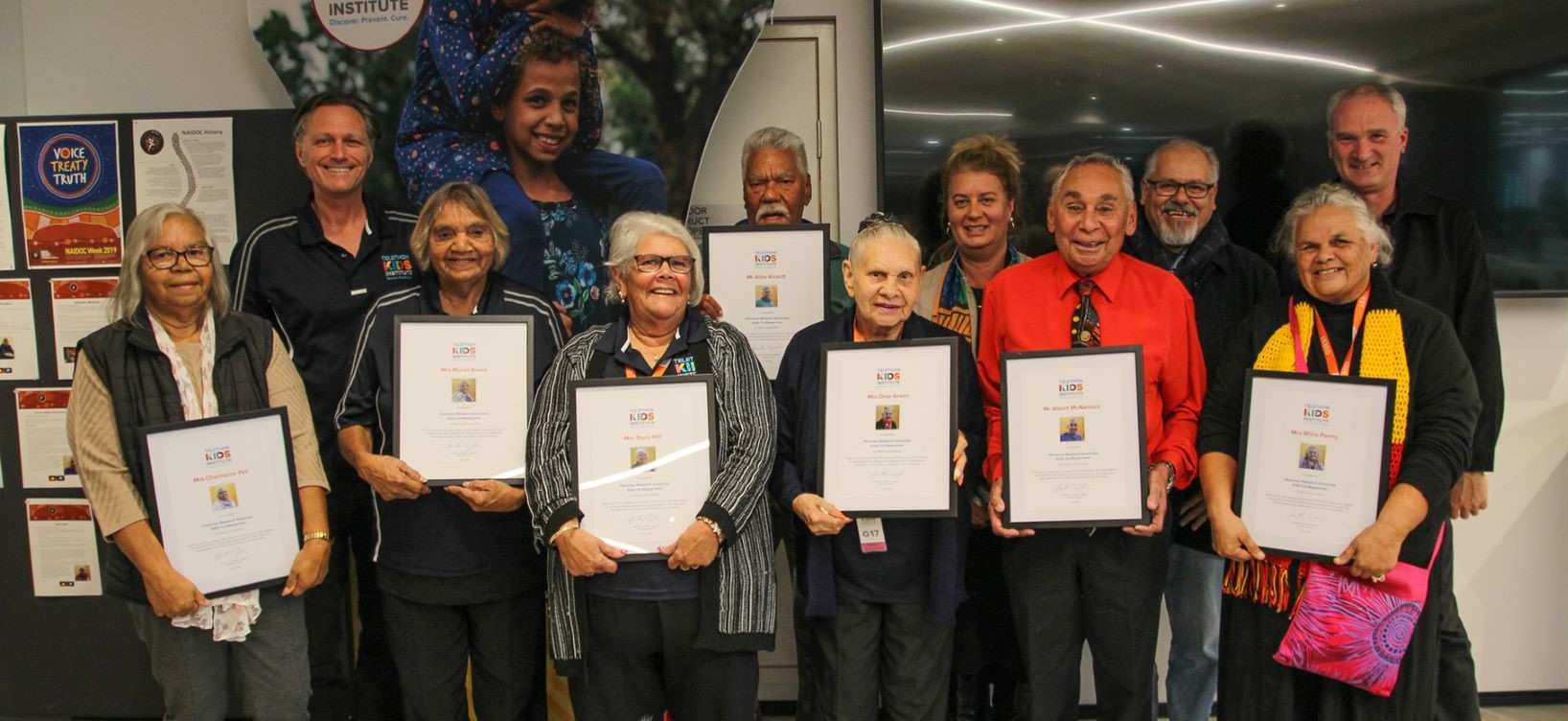Search
Research
Acceptability, feasibility, and program outcomes of an equity-focused, adapted community-based healthy lifestyle program for children, young people, and their familiesInternational guidelines recommend multidisciplinary intervention programs for addressing childhood obesity. In Western Australia, community-based healthy lifestyle programs for children and young people are insufficient for demand, especially for those over-represented in obesity statistics relating to prevalence. This protocol outlines the implementation and evaluation of an adapted, evidenced, community-based program in Perth, Western Australia.
Research
Plasma testosterone concentration is correlated with circulating immune cell abundance in transgender young people on gender-affirming hormone treatmentSex hormones, such as oestrogen and testosterone, display significant immune modulatory properties. This is highly relevant for transgender (trans) people who undergo gender-affirming hormone (GAH) treatment. However, only a limited number of studies have evaluated the immunological impact of GAH treatments, and almost none have assessed the impact in trans young people.
Research
Children arriving hungry in the first year of school: population trends in Australia from 2009 to 2021Access to adequate nutrition is a human right. In 2023, 23% of Australian households were severely food insecure, reducing food intake, skipping meals or days of eating. Food insecurity in early childhood is linked to poor health and development. Specifically, breakfast provides children with the necessary nutrients required for sustained attention, memory, and cognitive growth. Australian research has reported that one in three children aged 8–18 years regularly skip breakfast. However, there is little understanding of the prevalence of food insecurity among young children in Australia.
Research
Postsepsis Care Needs in Children and Families: Single-Center, Codesign Qualitative Research from Western AustraliaSepsis, for children and their parents, is a life-altering illness with far-reaching psychosocial and physical impacts. We aimed to explore the needs of such patients and their parents after hospital admission for sepsis to inform the development of a Western Australian postsepsis care service.
Research
Respiratory Syncytial Virus Strain Evolution and Mutations in Western Australia in the Context of Nirsevimab ProphylaxisNirsevimab is a long-acting monoclonal antibody used to prevent respiratory syncytial virus (RSV) infection in infants and high-risk children. During the 2024 RSV season in Western Australia, 21 922 doses were administered to infants entering their first season and 1221 doses to at-risk children. In this context, the selection and spread of escape variants are a potential concern. This study aimed to investigate nirsevimab binding site mutations using clinical and wastewater data.
Research
Palliative care for people with substance use disorders: a qualitative study of the experiences of rural primary care providersIn Australia, substance use disorders disproportionately affect people living in rural and remote areas. Patients with substance use disorders who receive palliative care have complex, often unmet, end-of-life needs. There is scarce evidence on the management of patients with substance use disorders in palliative care, and there is no consensus on the model of care to assist general practitioners manage their patients. This is particularly salient for general practitioners in rural areas, who provide most of the palliative care to their patients.
Research
Facilitators, barriers, and strategies for supporting shared decision-making with people with intellectual disability: A West Australian primary healthcare professional perspectiveShared decision-making between patients and primary healthcare professionals positively impacts health outcomes. However, people with intellectual disability face additional barriers and require supported shared decision-making (SSDM) to participate. Little is known about how healthcare professionals use SSDM with this population. This paper explores the facilitators and barriers experienced, and strategies/resources employed by healthcare professionals working with people with intellectual disability.
Research
COVID-19 Vaccine Uptake, Sources of Information and Side Effects Reported by Pregnant Women in Western Australia: Cross-Sectional Cohort SurveyPregnant women are a priority group for COVID-19 vaccination due to their vulnerability as a high-risk cohort. However, the currentCOVID-19 vaccine uptake rate for COVID-19 vaccination among pregnant women in Western Australia remains largely unknown.

At The Kids, our vision is simple - happy healthy kids. Our goal is to make a real difference in our community to benefit children and families everywhere. Our values underpin the way we work and make decisions: collaboration, courage, evidence, respect.

The Ngulluk Koolunga Ngulluk Koort (Our Children, Our Heart) Project grew out of a bold vision to harness the wisdom of Aboriginal Elders to improve outcomes for Aboriginal children, producing a suite of Elder-led, culturally appropriate and empowering initiatives that are making a difference.
